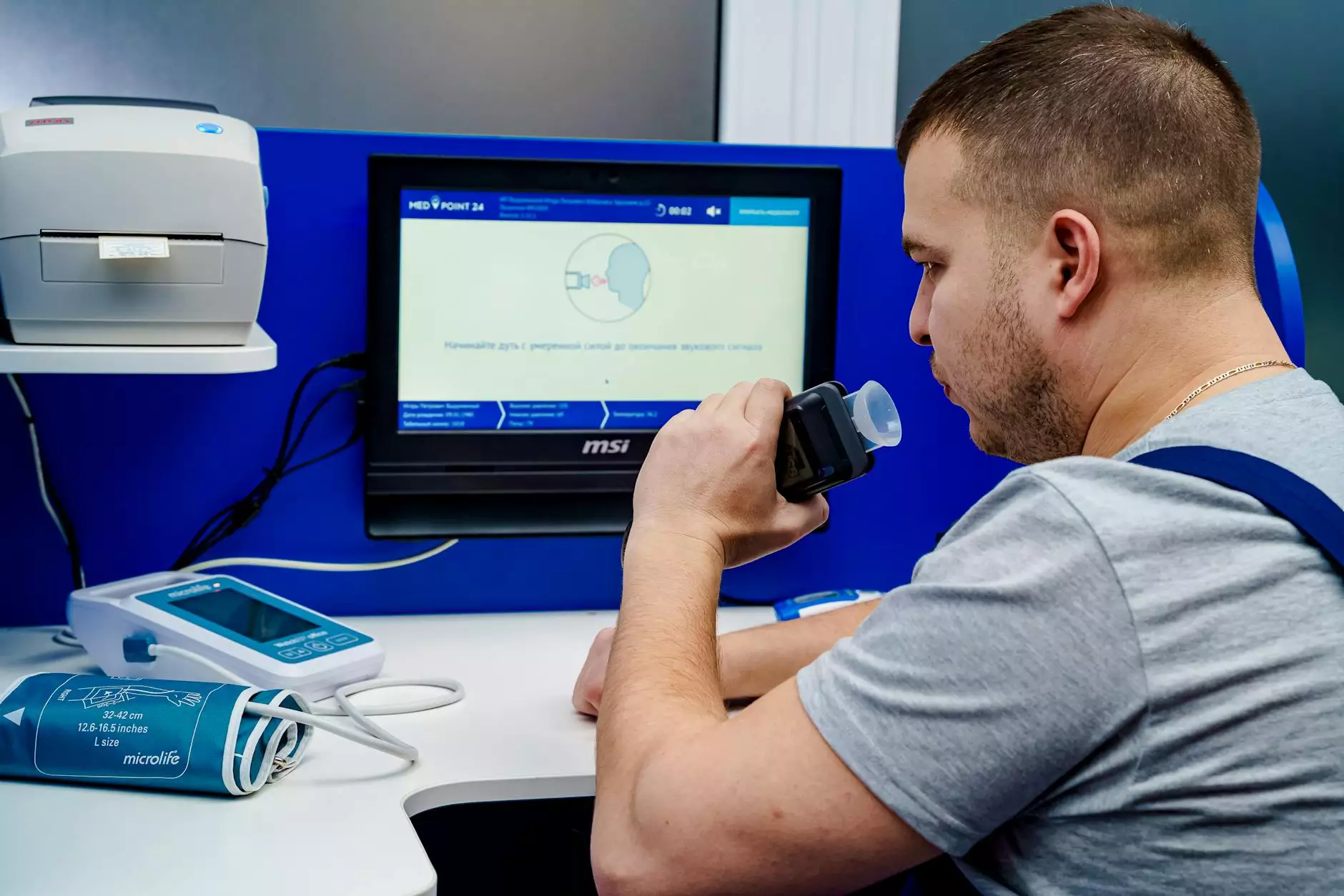Vehicle Spare Parts: Your Comprehensive Guide to Quality and Efficiency

In today's fast-paced world, having a reliable vehicle is essential. Vehicles are an integral part of our daily lives, whether for commuting to work, running errands, or embarking on road trips. However, like all machines, vehicles require regular maintenance and occasional repairs. This need has led to the growing demand for vehicle spare parts. In this extensive guide, we will delve deep into the world of vehicle spare parts, offering insights that will help you make informed decisions, ensuring your vehicle remains in peak condition.
Understanding Vehicle Spare Parts
Vehicle spare parts are components that can be replaced in your vehicle when they become worn out or malfunction. These parts play a critical role in the overall performance and safety of your vehicle. High-quality spare parts ensure that your vehicle operates efficiently, thus prolonging its lifespan and enhancing your driving experience.
Types of Vehicle Spare Parts
There are several categories of vehicle spare parts, each serving specific functions. Understanding these categories can help you make better purchasing decisions. They include:
1. Engine Components
- Oil filters: Essential for keeping the engine lubricated and free of debris.
- Air filters: Crucial for maintaining the quality of air entering the engine.
- Spark plugs: Vital for ignition in gasoline engines.
- Timing belts: Important for keeping the engine's timing in sync.
2. Brake System Parts
- Brake pads: Provide the friction needed when braking.
- Brake rotors: Essential for the braking system's performance.
- Brake calipers: Necessary for squeezing the brake pads against the rotors.
3. Transmission Parts
- Clutch kits: Crucial for engaging and disengaging the engine's power.
- Transmission filters: Help keep the transmission fluid clean.
- Gear sets: Essential for the effective functioning of the transmission.
4. Suspension Parts
- Shock absorbers: Help provide a smooth ride by controlling vehicle bounce.
- Struts: Important for vehicle stability and handling.
- Sway bars: Enhance the stability of the vehicle during cornering.
Choosing the Right Spare Parts
Selecting the right vehicle spare parts is vital for ensuring performance and safety. Here are some tips to help you make informed choices:
1. Quality Over Cost
While it may be tempting to opt for cheaper options, investing in quality parts generally results in better performance and longevity. High-quality parts may cost more upfront, but they often save you money in the long run by reducing the need for frequent replacements.
2. OEM vs. Aftermarket Parts
OEM (Original Equipment Manufacturer) parts are made by the vehicle's manufacturer, while aftermarket parts are produced by third-party companies. OEM parts often guarantee compatibility and quality, making them a preferred option for many. However, reputable aftermarket parts can also provide excellent performance, often at a lower cost.
3. Research and Reviews
Always conduct thorough research when selecting spare parts. Look for reviews from other customers to gauge the reliability and performance of the parts. Online forums and automotive websites can be valuable resources for gathering information.
Where to Purchase Vehicle Spare Parts
There are several avenues for purchasing vehicle spare parts. Each option comes with its pros and cons:
1. Local Auto Parts Stores
Buying from local stores allows you to physically inspect the parts and get advice from knowledgeable staff. However, the selection may be limited, and prices can vary.
2. Online Retailers
Websites like 1autoparts.com offer a vast selection of parts at competitive prices. Online shopping allows for quick comparisons and often better deals. Ensure you check return policies and warranties before purchasing.
3. Dealerships
Purchasing from a dealership guarantees you are getting OEM parts. However, this convenience comes with a higher price tag. Dealerships are also a reliable source for obtaining specific parts for your vehicle's make and model.
Installation of Spare Parts
Once you have selected and purchased the appropriate vehicle spare parts, the next step is installation. Depending on your skills and experience, you may opt for different methods:
1. DIY Installation
If you have mechanical skills, many parts can be installed at home, saving you labor costs. However, ensure that you have the right tools and follow detailed instructions, especially for complex installations.
2. Professional Help
If you're unsure about installing a part yourself, or if the installation requires specialized tools or knowledge, consider seeking help from a professional mechanic. This not only ensures correct installation but also guarantees safety during operation.
Maintenance Tips for Your Vehicle
Maintaining your vehicle properly will help prolong the life of its spare parts and enhance performance. Here are some maintenance tips:
- Regular Inspections: Conduct routine checks on various components, including brakes, tires, and fluids.
- Follow the Manufacturer's Recommendations: Adhere to the recommended maintenance schedule provided by your vehicle manufacturer.
- Use Quality Fluids: Using the right type of oil, coolant, and brake fluid is key to maintaining the health of your engine and other systems.
- Deal Promptly with Repairs: If you notice any issues, address them quickly to prevent further damage.
The Future of Vehicle Spare Parts
The automotive industry is continuously evolving, and so is the market for vehicle spare parts. With advancements in technology, we are witnessing the emergence of new materials, smarter components, and even electric vehicle parts. Here are some trends to watch:
1. Electric and Hybrid Vehicle Parts
As the automotive industry shifts toward electric and hybrid vehicles, the demand for specialized spare parts for these vehicles is likely to surge. Components such as battery packs and electric motors will require specific attention and quality assurances.
2. Smart Parts
With the rise of connected vehicles, the concept of smart spare parts is becoming a reality. These parts can communicate with the vehicle's systems, enhancing performance and potentially alerting drivers to issues before they escalate.
3. Sustainable Manufacturing
In response to environmental concerns, the production of vehicle spare parts is increasingly leaning towards sustainability. Manufacturers are developing eco-friendly materials and processes that minimize waste and reduce carbon footprints.
Conclusion
Understanding the importance of vehicle spare parts and making informed decisions is crucial for any vehicle owner. By choosing the right parts, maintaining your vehicle, and keeping abreast of industry trends, you can ensure that your vehicle remains efficient, safe, and reliable.
For all your vehicle spare parts needs, consider exploring 1autoparts.com. With a wide variety of high-quality parts and excellent customer service, you can trust us to provide the best solutions for your vehicle.









